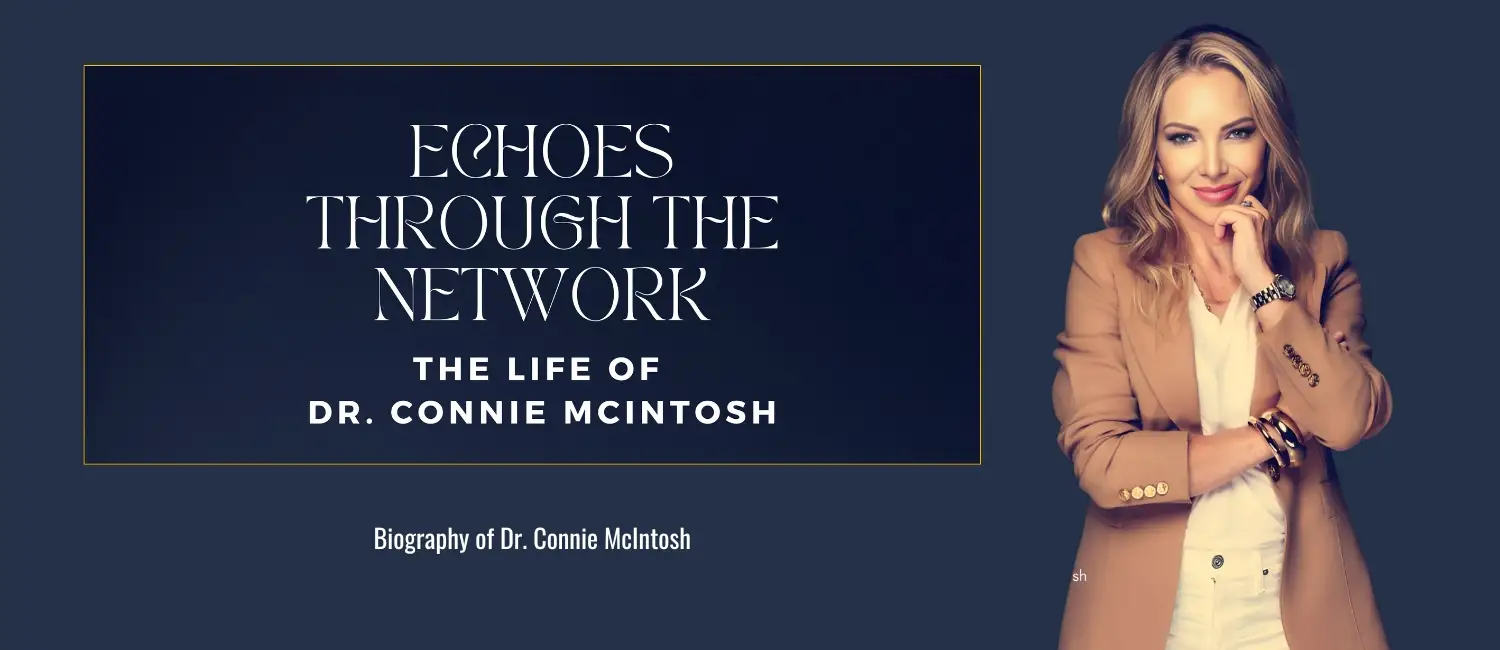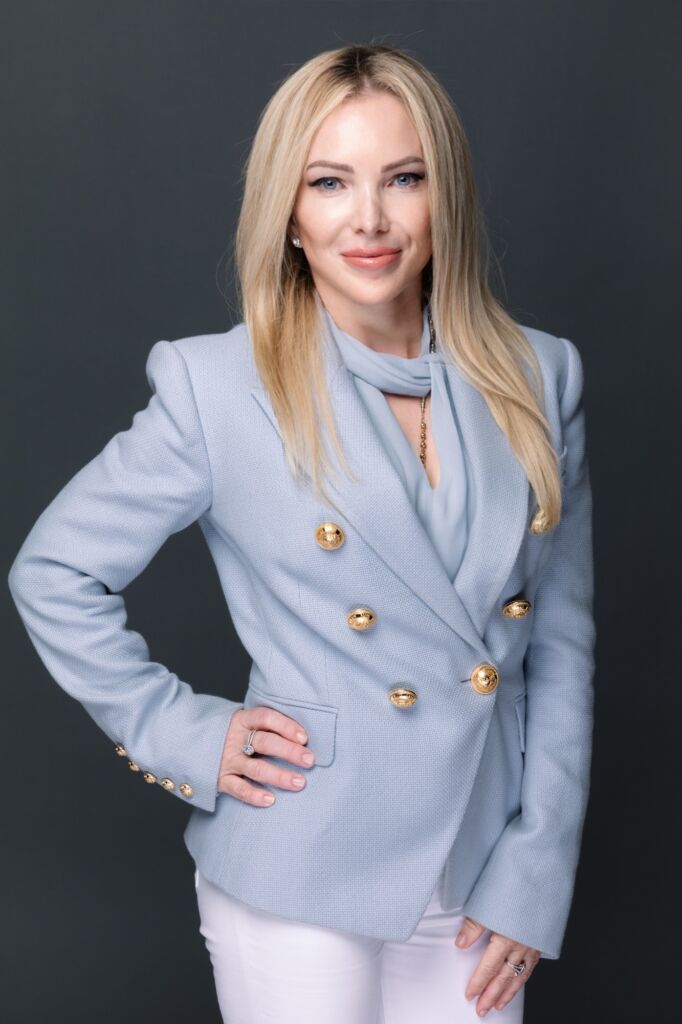

“Real strength is not in what you command, but in what you choose to carry—with grace, grit, and quiet conviction.”
Dedication
To the quiet anchors, the brave daughters, and the relentless believers—this is for you.
To my mother—your strength was never loud, but it was everywhere. You taught me that resilience doesn’t always roar; sometimes, it lives in silence, in sacrifices, in the burdens carried without recognition. You gave me roots that held strong, even when the storms came. Every chapter of this journey was built on the lessons you never had to say aloud—because you lived them.
To my father—thank you for giving me the space to question, to explore, and to grow. Your quiet integrity laid the blueprint for how I would one day lead—not through force, but through values. You showed me that trust is earned not in grand gestures, but through consistency, honesty, and humility.
To my daughter Logan and son Leroy—watching you grow into compassionate, driven individuals in the medical field has been one of my life’s greatest honors. While I defended networks and critical systems, you both chose to heal human bodies and hearts. In different ways, we are protectors—and that shared calling binds us deeply. You remind me that strength can wear a lab coat, and that leadership can be quiet—and lifesaving.
To the mentors who saw in me what I hadn’t yet discovered—thank you for making space. You didn’t just guide my career—you believed in my capacity. You taught me that leadership isn’t about climbing alone, but about building ladders for others even while continuing your own ascent.
This book is not just my story—it is the story of what happens when we stop shrinking and start showing up.
With every firewall, system, and network
With every system of national interest I protected
with every voice I amplified,
with every battle I fought quietly behind the scenes—
I dedicate this to the world we are all still building.
Together.
Phase 1 : From Grit to Greatness – The Early Years of Dr. Connie McIntosh
“Success doesn’t begin with a perfect background—it begins with a fearless choice to rise.”

There are lives that begin in light—and others that begin in the shadows, forged not by ease, but by fire. Dr. Connie McIntosh’s early years belong to the latter. Born into a home split by divorce, where the chaos of domestic violence was an unwelcome but constant presence, her childhood could have easily dimmed her spirit. Instead, it sharpened her will. Where many might have broken, she chose to build.
Raised by her mother, Arja Spannari, a gentle but resilient woman of Finnish heritage, and influenced by her father, Terry Robbie, a car mechanic and daring motorcar racer of French descent, Dr. McIntosh was exposed to a world of contrast—one parent offering quiet structure and endurance, the other bringing raw passion and unpredictability. From this, she developed her first unshakable life skill: the ability to thrive in volatility.
The walls of her childhood home did not echo with academic discussions or elite ambitions. Her parents, having not pursued higher education themselves, could offer only limited guidance through the maze of academia. Yet, Dr. McIntosh’s mind was restless. Even as a child, she displayed early markers of someone born for more—not in terms of wealth or status, but in curiosity, empathy, and a hunger for stability.
She attended public schools, where she was never the loudest, but always the most observant. While her classmates dreamed of simple futures, Dr. McIntosh dreamed of building things—systems, security, resilience, and safety. The seeds of cybersecurity were not yet planted, but the instinct to protect, to problem-solve, and to lead with integrity was already sprouting inside her.
Growing up in Canberra, Australia, she faced an intersection of cultural duality and social invisibility. In a world that didn’t make space for girls with ambition outside the norm, Dr. McIntosh forged her own identity. She didn’t wait for permission—she gave herself purpose. Surrounded by stereotypes and scarcity, she quietly built the foundation of what would become one of the most multidimensional careers in cybersecurity.
Outside school, she found refuge in physicality—in sport, in movement, in discipline. Fitness wasn’t a hobby; it was her anchor. Long before she earned the titles of Australian and World Fitness Champion, young Dr. McIntosh understood that strength wasn’t just muscle—it was mindset. Every squat, sprint, and routine was a rehearsal for the mental resilience she would one day bring into war rooms and boardrooms.
Phase 2 : Forging a Cyber Warrior – Entering the World of Defense and Code
“You don’t stumble into cybersecurity. You arrive because you refuse to be powerless.”

While most young professionals tread cautiously into their careers, Dr. Connie McIntosh stepped into hers with a mission—not merely to work, but to protect. Not simply to earn, but to build shields—digital and human—strong enough to defend what mattered. If her childhood taught her to survive, then her entry into the world of cybersecurity taught her to lead from the frontlines.
Her academic journey, carved out with fierce independence, laid the foundation. But it wasn’t until she entered the world of national defense that her grit met its true calling. The Australian Government’s Computer Emergency Response Team (CERT), along with classified networks within the Department of Defence, Attorney-General’s Department, and the Ministerial Communication Network, became her battlegrounds—and her proving grounds.
In these high-stakes environments, Dr. McIntosh wasn’t just analyzing threats—she was outthinking them. While others brought technical acumen, she brought a rare fusion of emotional intelligence, clarity under fire, and the ability to translate danger into decisive action. This wasn’t a job. It was a calling—to safeguard the invisible lines that hold nations together.
Here, she developed her signature leadership style: precise, people-centric, and brutally effective. She didn’t believe in posturing or panic—she believed in preparation and action. She earned respect not by demanding it, but by delivering when it mattered most. In war rooms and boardrooms alike, Dr. McIntosh became the calm in the chaos.
What truly set her apart during this phase was her refusal to silo knowledge. She didn’t want to merely understand cybersecurity—she wanted to democratize it. This drive led her into academia, where she co-designed and implemented a Master’s in Cybersecurity program at the University of the Sunshine Coast. While her peers sought titles, she sought transformation—building frameworks that could scale knowledge across generations.
She became a rare bridge between defense, government, and education, blending real-world cyber warfare experience with academic design. Her classroom wasn’t about theory—it was a transmission of lived defense. Her students didn’t just graduate with degrees—they walked away with the instincts of protectors, sharpened by one of the finest in the field.
Even at this stage, Dr. McIntosh was dismantling stereotypes. In a male-dominated industry, where women were often pushed to the margins or reduced to tokens, she claimed her space without apology. Her presence was disruptive in the most powerful sense—it forced systems to evolve. She didn’t ask to be seen.
She made herself undeniable.
Phase 3 : Global Guardian – Leading Security at Ericsson Across 40 Nations
“Real leadership isn’t just about what you protect—it’s about who you empower in the process.”

When Dr. Connie McIntosh stepped into the role of Head of Security for Ericsson’s Market Area, she wasn’t merely accepting a promotion—she was assuming a global mandate. From the war rooms of national defense to the commanding heights of corporate security, she carried not just experience, but a philosophy:
Security is not a technical department—it is the heartbeat of trust.
At Ericsson, her purview was vast—spanning over 40 countries and encompassing cybersecurity, information security, product security, operational security, and data privacy. But her greatest strength wasn’t just in managing complexity—it was in unifying it. Across languages, time zones, regulations, and cultures, she created a shared language of protection that resonated from internal teams to external stakeholders.
She brought clarity where confusion reigned. She didn’t just manage risk—she anticipated it, translated it, and aligned it with business outcomes. Under her guidance, security evolved from a backend concern to a front-line business differentiator. Her presence in the boardroom reshaped perception—cyber risk became a strategic conversation, not a technical footnote.
Her ability to embed security into decision-making made her a critical voice at Ericsson’s highest levels. Whether working with R&D, regional markets, or customer-facing teams, Dr. McIntosh ensured security wasn’t a bottleneck—but a bridge to innovation.
But what truly defined her leadership wasn’t just policy or governance—it was people. In a traditionally siloed engineering environment, she built bridges across departments and instilled a deeper sense of purpose within teams. Her approach to empathy-driven management, cultural transformation, and psychological safety became case studies in resilient leadership. Diversity and transparency weren’t checkboxes for her—they were cornerstones of operational strength.
Her influence didn’t go unnoticed. She was named among the Top 100 Women in Cybersecurity by US Cyber Defense Magazine and received the Black Unicorn Award at Black Hat 2020—recognition not just for technical excellence, but for redefining what leadership in cybersecurity can look like.
While steering Ericsson’s security vision, she also became a global thought leader. From Disobey 2023, Traficom Keynotes, KuppingerCole, to the World Science Festival, her appearances reflected not only her authority—but her commitment to mentorship. In every room, she left the door open behind her for someone else to walk through.
A fierce advocate for women and underrepresented professionals in tech, Dr. McIntosh actively supported initiatives like #mimmitkoodaa, Women Who Code Finland, and Women4Cyber Europe. She didn’t just participate—she shaped futures.
All the while, she challenged the industry’s norms. Where cybersecurity leaned into jargon and stiff suits, she brought authenticity. Where others shied from vulnerability, she used it as a strength—whether drawing lessons from fitness for cyber defense or openly discussing motherhood on stage. She proved you could lead globally without abandoning your humanity.
The landscape she governed—telecom infrastructure, critical services, next-gen R&D—was immense. But her leadership style remained grounded: simple, deep, principled. For her, cyber resilience wasn’t just about firewalls and protocols—it was about trust, transparency, and teaching people to think like defenders.
As she once said in a keynote:
“You can secure a network. But securing a culture? That’s where the true work lies.”
And in doing so, Dr. Connie McIntosh didn’t just secure systems—
she fortified legacies.